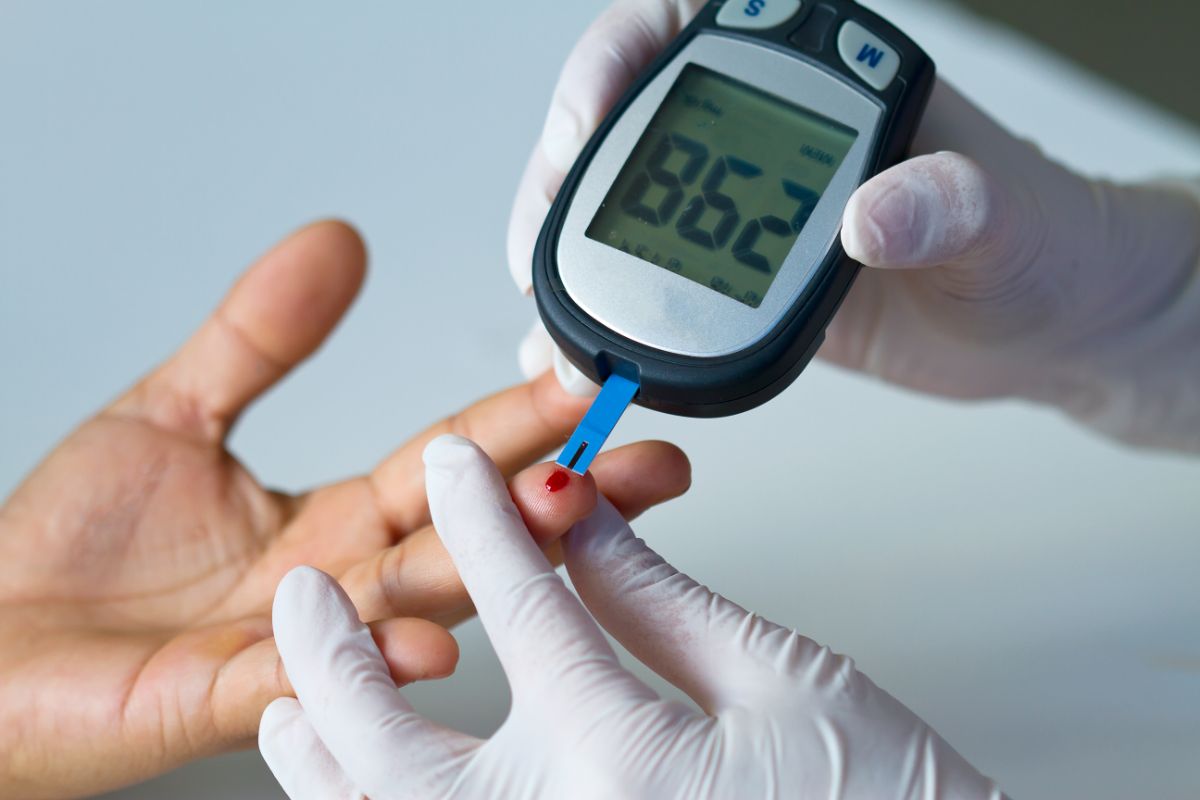First is glucose control. Since your body is no longer producing insulin you will need to learn both how much daily insulin is required and how it should be administered. The monitoring is pretty straight forward. You will need to take blood samples and do a blood glucose level test several times a day. Once you have determined your glucose level you can administer the necessary insulin by either injection pens, syringes or an insulin pump. As we have stated previously it is important to work with your health professional to determine which insulin regimen is best for you. There are many suppliers out there that can provide supplies right to your door so utilize these services to help take that activity off your plate.
You can see there is a very big difference here. Type 2 can be completely prevented and even fully reversed in the majority of cases by simply changing diet and doing some exercise. Type 1 cannot although it can be made much more manageable by taking the same steps as for Type 2.
If you stop watching portion control or binge because you are depressed or angry or just tired of it all, you have stepped into diabetes burnout. This is an area where diabetics get into trouble really fast.
Are you trying to be physically active? read more How often? How many minutes at a time? Are you enjoying what you do or has it become boring? If after months or years of faithful exercising it is easy to find excuses to skip it, you have Diabetes burnout.

If you or a loved one has been diagnosed with diabetes, you probably know how important it is to keep blood glucose levels in check. If the disease is not well controlled, it can cause loss of kidney function and may lead to blindness. It is a major risk factor for stroke and heart attack. But Armstrong says the most common reason that someone with diabetes ends up in the hospital is for an infected foot.
Keep a list of your medications with you. Learn what each medication is for, what the side effects are and potential interactions with foods, other medications or alcohol.
The treatment is to inject the insulin that should have been made by your islet cells. It's a life-saving treatment. It's not a cure, because the person needs insulin injections for life.